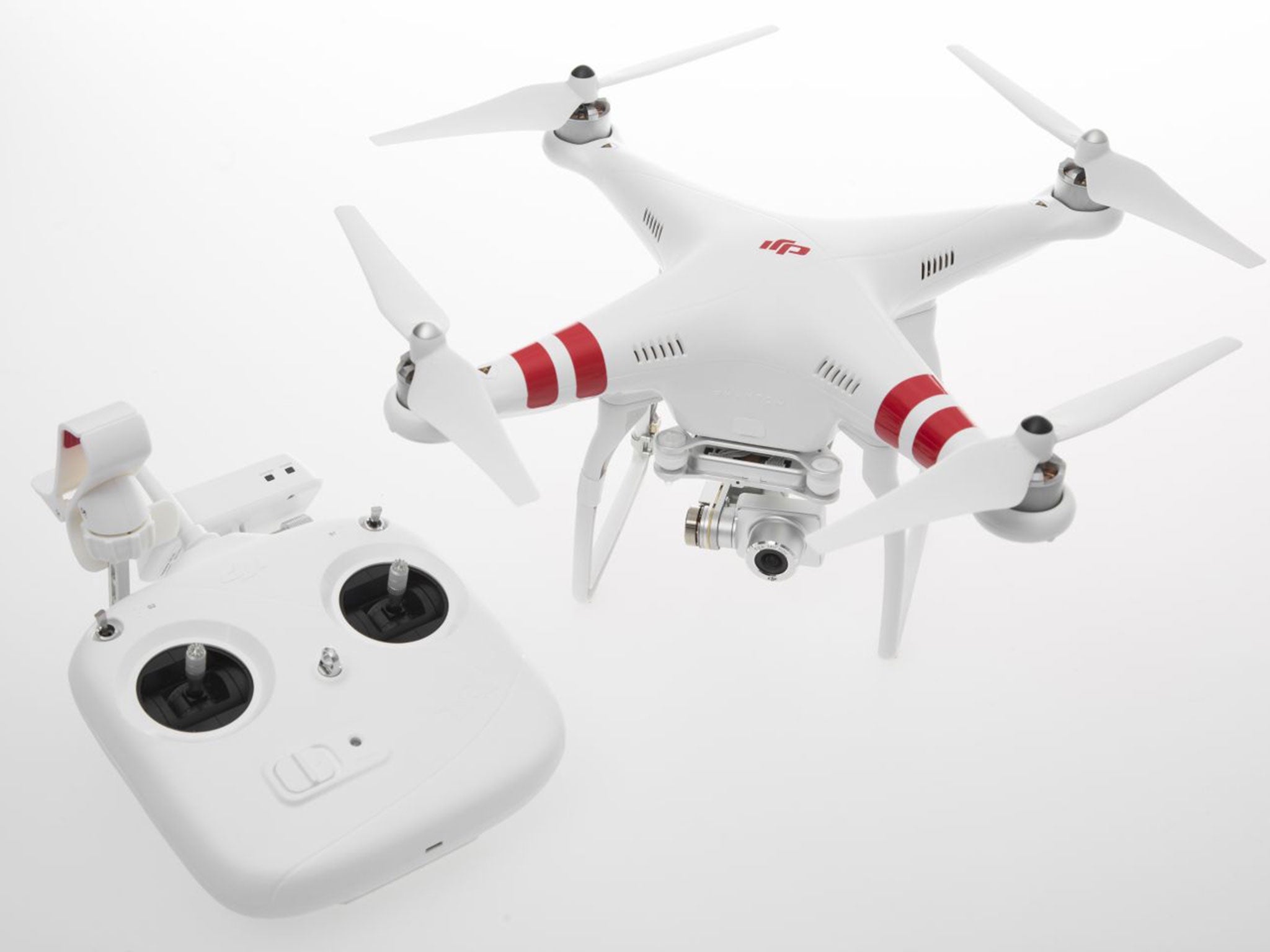New drone owners warned to fly by the rules - or face prosecution

Britons given remote-control drones for Christmas have been warned they could face prosecution for flying them dangerously.
The gadgets have been one of this year’s must-have gifts, prompting the Civil Aviation Authority (CAA) to highlight strict rules applying to recreational users following a number of incidents and near-misses.
Fears that unmanned aircraft could pose a danger were heightened earlier this month after investigators revealed that a drone came within 20ft of a passenger plane as it was about to land at Heathrow.
Regulations include a ban on flying remote-controlled devices over congested areas or within 50 metres (164ft) of people or buildings without official permission, and breaches can result in the operator being taken to court and fined up to £5,000.
Gerry Corbett, the CAA’s unmanned aircraft specialist, said: “Unmanned aerial technology is still in its infancy and offers huge recreational and commercial potential. But it is vital that users understand the safety rules, so the industry can develop safely and profitably.”
Join our commenting forum
Join thought-provoking conversations, follow other Independent readers and see their replies
Comments
Bookmark popover
Removed from bookmarks